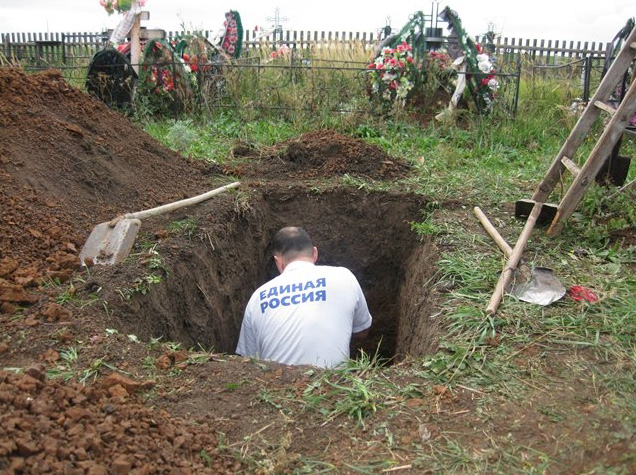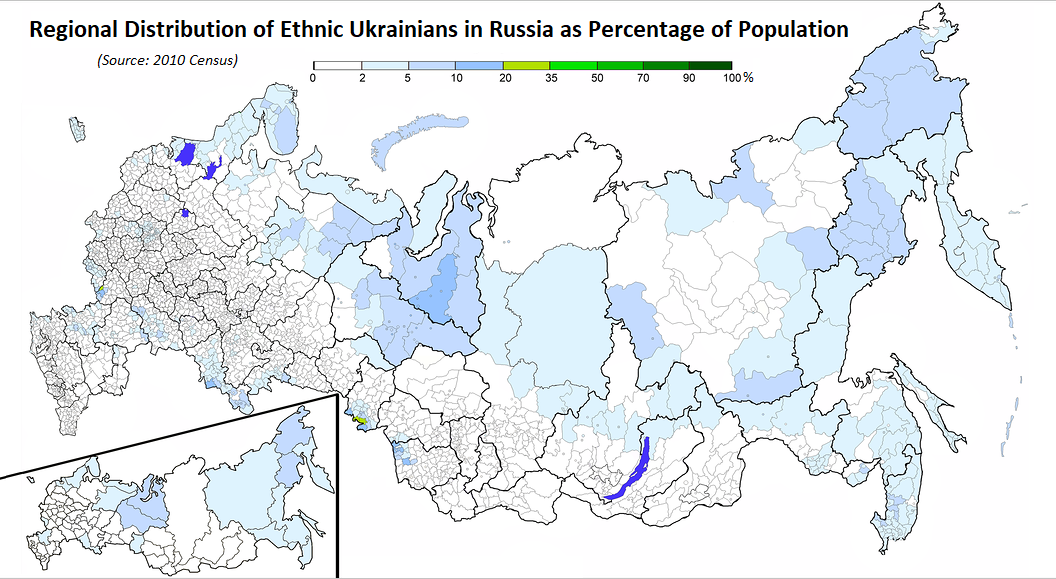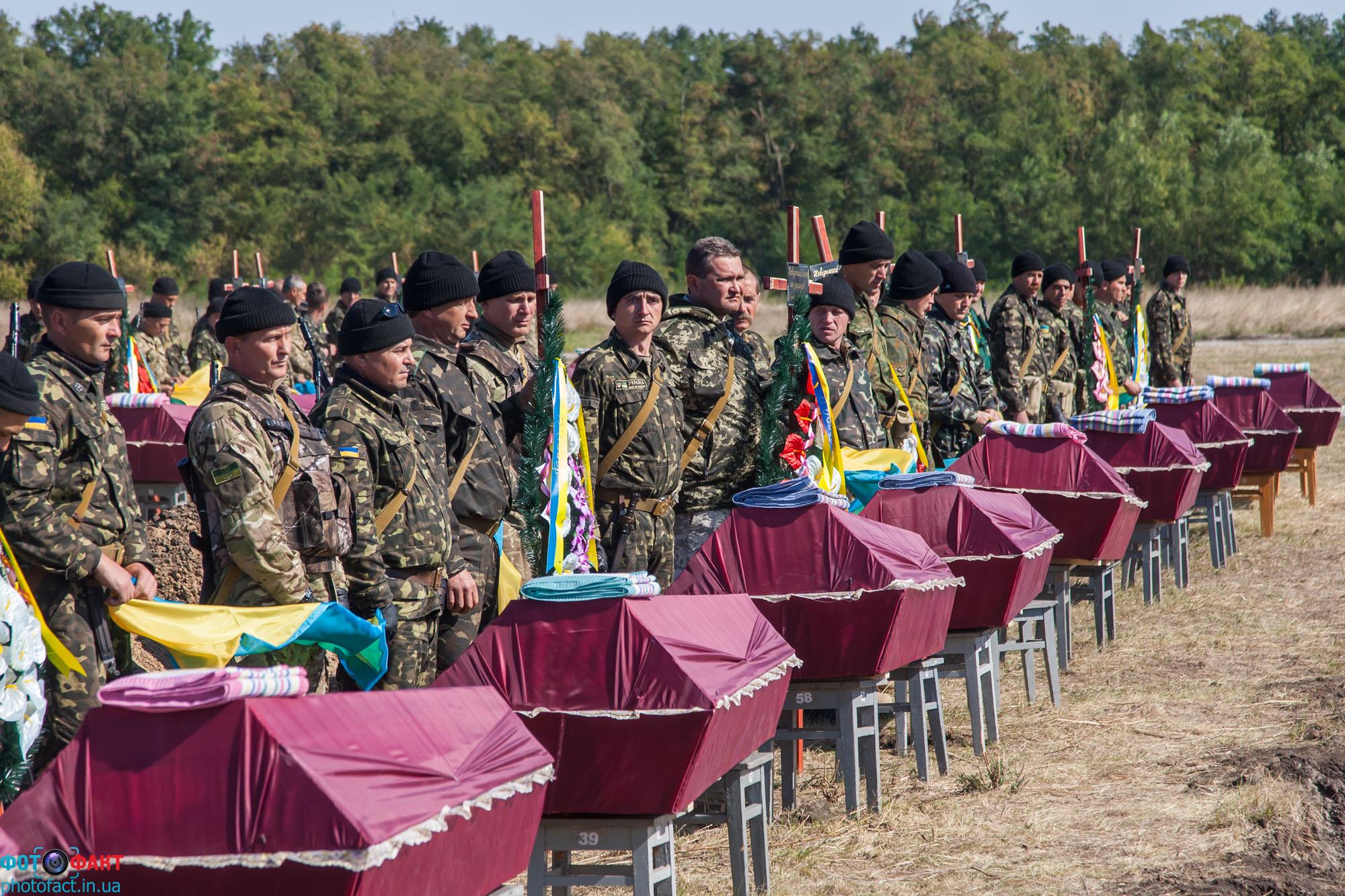Ninety-two percent of Ukrainian citizens now consider themselves ethnic Ukrainians, an unprecedented figure that is the product of Vladimir Putin’s aggression against their country and one that highlights the fundamental weakness of ethnic Russian national identities not only there but elsewhere -- including in the Russian Federation.
According to a new poll by Kyiv’s Razumkov Center, 92 percent of Ukrainian citizens now consider themselves ethnic Ukrainians, six percent say they are ethnic Russians, and 1.5 percent identify as members of other ethnic groups.
Among young people in Ukraine, the share identifying as ethnic Ukrainians approaches 100 percent, the pollsters said, while among those over the age of 60, the figure was less than 90 percent but still far higher than at any point in the past.
The Razumkov Center also asked how many people feel themselves part of only one ethnic nation or instead as members of several. Among ethnic Ukrainians, it said, “77 percent feel themselves part of one nationality, 12 percent to two or more, six percent not as members of any nationality, and eight percent couldn’t or wouldn’t answer.”
Not surprisingly, Moscow commentators are outraged by these figures and these implications, and one has called this poll a new form of “aggression by sociological poll” conducted by the United States against Russia on behalf of Ukraine.
And pro-Moscow Ukrainians, many of them now in Russia, see this poll as part of an effort to create a Ukrainian ethnic nation, something they argue resembles what the Soviets did and that does not exist independently of a broader “Russian world” reflecting history and language patterns.
One of their number, Bohdan Bezpalko, a Ukrainian who is a member of Putin’s Council on Inter-Ethnic Relations, however, in his argument against the new poll lets the cat out of the bag by acknowledging that “in fact, the very term ‘ethnic Ukrainian’ or ‘ethnic Russian is extremely ephemeral.”
That gets to the heart of the matter. Ethnic communities like all other human groups have histories, that is, they emerge, the flourish, and then they die. Often they do so because of the support they enjoy from states; and often those that do are thought to be eternal. But when conditions change – as when new states emerge – so too can new identities.
And that means in turn that the real story here is not the strengthening of ethnic Ukrainian identity but the weakening of ethnic Russian ones, especially beyond the borders of the Russian Federation or even in the non-Russian portions of that country given that far more than Ukrainian identity, Russian identity is dependent on the state.
Indeed, it is difficult not to conclude that Kyiv commentator Oleg Polishchuk gets it right when he argues that Putin’s “conversion of Ukraine into a mono-ethnic state” represents an unusual form of “ethnocide in reverse,” a development with serious consequences not only for Ukraine but for Russia as well.
Related:
- Ukrainians re-discover their own language
- Ukrainians defend homeland from invaders in comic book inspired by hybrid war
- Putin's actions in Avdiivka show he killed his beloved idea of 'a triune people' of Russians, Ukrainians and Belarusians, Ikhlov says
- Russian journalist Valeriy Solovey: What Russians don't like about Ukrainians
- Russians and Ukrainians becoming like Serbs and Croatians, Solovey says
- Moscow deliberately undercounting ethnic Ukrainians in Russia, Kyiv official says
- Ukrainians' strong horizontal ties a serious weakness when it comes to their attitudes about Russians, Shchetkina says
- Russia's war against the Ukrainian language
- A short guide to the linguicide of the Ukrainian language | Infographics





